Taronga Zoo: William Doyle wins unfair dismissal case
Taronga bosses cited 11 examples to demonstrate why the zoo terminated a staff gardener but in the end, the industrial relations commission said he wasn’t given a chance to change.
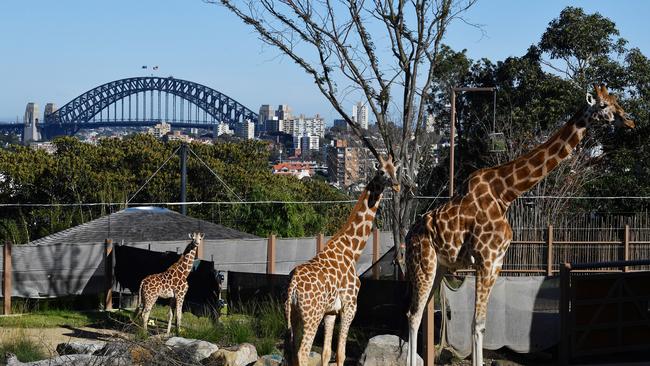
Mosman
Don't miss out on the headlines from Mosman. Followed categories will be added to My News.
A gardener who helped feed the animals at Sydney’s Taronga Zoo has won an unfair dismissal case after lodging an appeal to the state’s watchdog for workplace rights.
William Doyle had his employment terminated at Taronga Zoo last year after three years working behind the scenes at the popular tourist drawcard on the north shore.
Mr Doyle’s tenure at the zoo began as a volunteer before he secured permanent work where his duties included “browse collection” – a term describing the collection of vegetation to feed the zoo’s many animals.
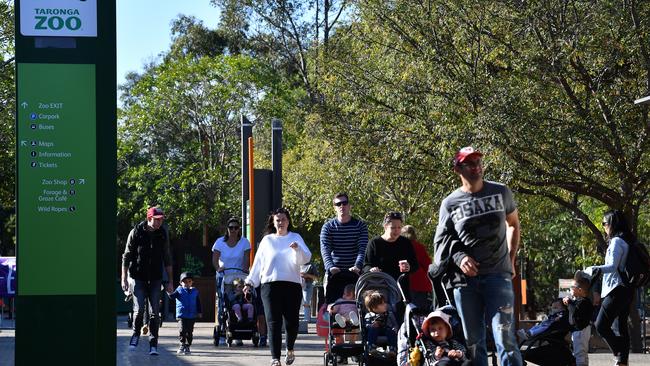
The Taronga Conservation Society – the government agency responsible for Taronga – terminated Mr Doyle’s employment while he was on probation in February 2020, claiming he failed to fulfil all requirements of his role, did not meet expectations and failed to take instructions from his managers.
Taronga provided 11 examples detailing its claims including allegations Mr Doyle threatened to walk out of a staff meeting, raised concerns about his award classification and during a planning meeting with staff allegedly said: “I’m so f***ing p****d off right now”.
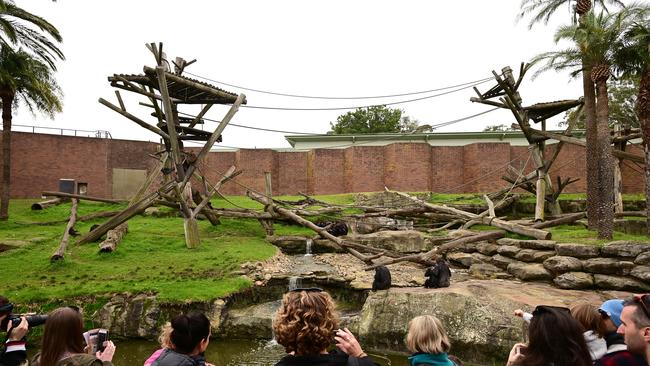
But Mr Doyle said he ought to have been given the benefit of a Performance Improvement Plan before his employment was terminated, and said there was no proper counselling prior to the decision.
The commission heard Mr Doyle did not deny saying “the planning meetings that were conducted (by senior staff) were nothing but lip service” but explained it “would have related to the fact that I had just spent three hours discussing the future of browse collection” only to be told “he had no future at the zoo”.
Through his lawyers Mr Doyle said he had not been given an opportunity to “pull his socks up” and added that “some people need a kick up the backside to realise what their obligations are in their employment.”
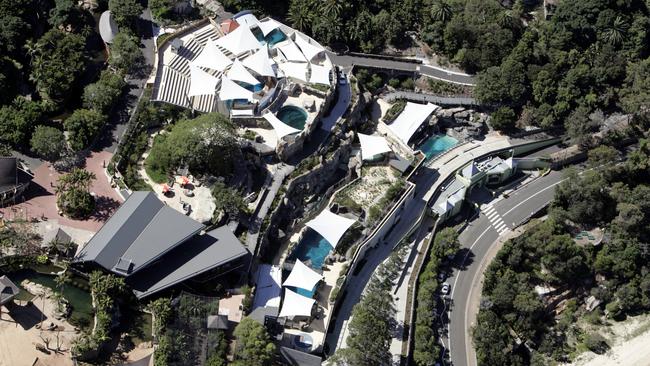
“That is why (Performance Improvement Plans) exist – to set out to them what the defined expectations are before they’re terminated,” the Commission heard.
The Commission heard there was “friction” between Mr Doyle and senior staff in the seven months leading up to his dismissal with points of contention including concerns from Mr Doyle that his job classification as a “gardener” did not fully capture his duties of “browse collection”.
Industrial Relations Commissioner Janine Webster found while Mr Doyle was entitled to raise questions about his job classification he also had an obligation to do so in a manner “that was respectful and professional” and threatening to walk out of meetings fell short of “acceptable workplace conduct”.
“While (Mr Doyle) seemed to have difficulties letting go of the fact that he had been classified as a ‘gardener’ under the award and there was no separate ‘browse collector” classification, ultimately there was no evidence (he) was unwilling to do the work that he was actually asked to do,” Commissioner Webster said in her judgment.
The Commission noted a self-assessment report by Mr Doyle completed before his termination was incomplete, appeared “passive aggressive” and that he formed a “higher opinion of himself than his superiors”.
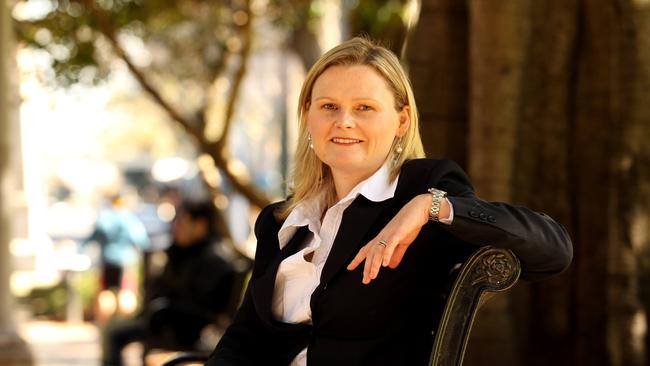
In the self assessment Mr Doyle wrote: “considering the initial, continuous and recent personal challenges encountered during my tenure in the HORT-BROWSE department, I feel I’ve proactively demonstrated these personal attributes consistently, professionally and with the upmost decorum in the most difficult of circumstances.”
In her ruling, Commissioner Webster said Mr Doyle had “shown very little insight and not taken very much responsibility for his performance and conduct”, but found “it would be unfair” for him to be denied the opportunity to change.
“The conduct engaged in by (Mr Doyle) may be characterised as misconduct, albeit not so serious as to warrant instant dismissal,” she said.
“(Mr Doyle) has not shrouded himself in glory in these proceedings and his conduct needs to be corrected for the relationship between him and the respondent to be viable”.
The Taronga Conservation Society was ordered to reinstate Mr Doyle’s employment as well as providing him with formal counselling regarding his performance and to back-pay him for wages from February 2020.
Mr Doyle’s lawyer Darien Nagle told the Mosman Daily he was pleased with the commission’s decision, describing it as “positive outcome for workplace rights”.
A Taronga Zoo spokeswoman declined to answer questions about the case, stating: “our HR policy is not to comment on personal matters of this nature.”





